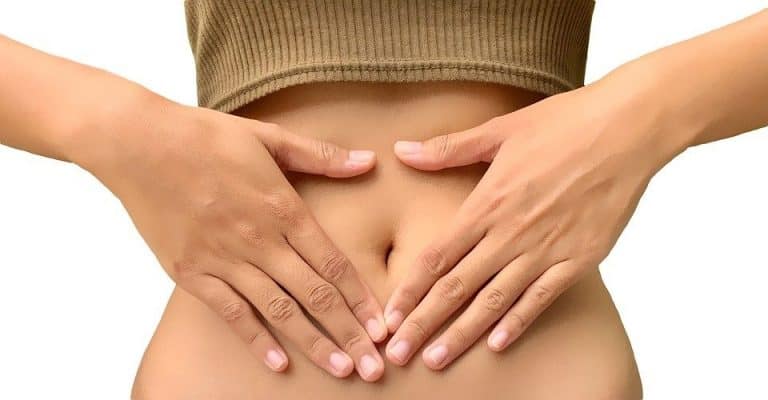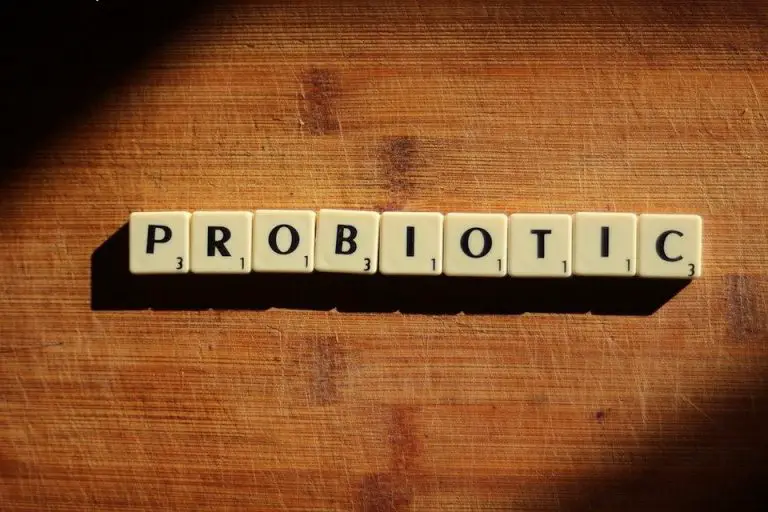Best Prenatal Probiotics
Healthy bacteria live in your digestive tract and offer multiple health benefits, such as helping regulate proper digestion and intestinal functioning. Taking probiotics may help support your healthy intestinal flora (also called the microbiome) and provide valuable protection for your immune system.
You can find probiotics in foods that are fermented and contain live active cultures, such as yogurt. They are also available as supplements in chewable, capsule, and liquid form. Probiotics come in many strains, most commonly the Lactobacillus and Bifidobacterium strains.
Ensuring Good Health During Prenatal Months
If you think you are pregnant, you should visit your physician and begin proper prenatal care. Your visits will include giving a urine sample, physical exam and weight check. Depending on the stage of your pregnancy, your physician may do imaging tests and blood work. Ask your physician if you have any questions about your health or that of your baby.
Receiving good medical care in the preconception and prenatal period can help prevent complications for you and your child. Eating a healthy diet, getting regular exercise and managing stress are all important lifestyle habits during pregnancy. The choice to take probiotics when you’re expecting is a decision left up to you and your healthcare provider.
Benefits of Probiotics Before and During Pregnancy
Babies in the womb can benefit from strains of good bacteria their bodies need for a healthy life. Unfortunately, the typical Western diet and modern lifestyle may be damaging the good flora you can pass on to your little one. Proper probiotic supplementation during pregnancy can help promote a healthy microbiome, which can also benefit your unborn baby.
Probiotics can help strengthen a weakened immune system
Probiotics help create short-chain fatty acids, which promote immune system functioning. The immune system becomes weaker during pregnancy to help support the unborn baby, making immune support even more essential.
Probiotics can produce folate
Certain strains of probiotics can produce folate, a vital nutrient during the preconception stage and pregnancy. Folate is important for the formation of a healthy fetus and helps reduce neural tube defects such as spina bifida. Folate is so important that women who could become pregnant are encouraged to take folic acid (the synthetic form of folate) and eat folate-rich foods, since birth defects from a folate deficiency can occur before the woman knows she’s pregnant.
Read also: Can children drink probiotics?
Probiotics can help your body better absorb nutrients
Probiotics may help you better absorb protein and other nutrients. Good nutrition is important during pregnancy since your baby gets its nourishment from your body.
Probiotics can benefit your digestive system
Probiotics can help shorten digestion time while increasing bowel movements and improving stool consistency. This is an important benefit since pregnancy can wreak havoc on the digestive system and cause constipation and other digestive upset.
Probiotics may also help with the following conditions:
Irritable bowel syndrome (IBS)
Antibiotic-related diarrhea
Diarrhea related to infections
Reduction in the incidence of pediatric dermatitis (eczema) when applied topically
Bacterial vaginosis, which can cause complications during pregnancy
One study found that probiotics administered early during pregnancy reduced the chances of developing gestational diabetes, but more studies need to be done in this area of research.
Best Probiotic Strains for Pregnancy Use
Probiotics may help fight some of the discomfort associated with pregnancy and help give your baby a healthy start in life. However, please remember that if you are pregnant you should not use any probiotic supplements before discussing them with your physician.
Lactobacillus acidophilus
One potential pregnancy complication is developing a vaginal yeast infection or bacterial vaginosis. A woman’s body goes through many hormonal changes during pregnancy, which might make yeast infections more prevalent. Women undergoing fertility treatments to attain pregnancy are especially at risk of these types of infections due to hormonal treatments.
Yeast infections aren’t usually considered to be harmful to your baby, but you should contact your physician if you are pregnant and believe you have a yeast infection.
One way to potentially help prevent yeast infections is by including L. acidophilus in your diet or taking it as a supplement. Speak with your physician before you add supplements to your daily regimen.
Lactobacillus salivarius
L. salivarius was found to be effective in the prevention of mastitis during lactation when given during the late stages of pregnancy.
Lactobacillus reuteri
Administering L. reuteri from week 36 of pregnancy and into the baby’s first year of life may help decrease their susceptibility to eczema and allergies later in life.
Bifidobacterium longum and bifidobacterium breve
Probiotics from the bifidobacterium strain might help reduce the risk of allergies in infants during their first 18 months of age.
Another relevant read: Are you histamine intolerant?
Disclaimer: While our team of medical expert writers makes every effort to convey the correct, relevant, and most up-to-date information, you should never disregard advice given to you by your medical practitioner or delay seeking medical assistance because of something you have read on Gutsify or received in correspondence from Gutsify. Please refer to our Terms and Conditions.










